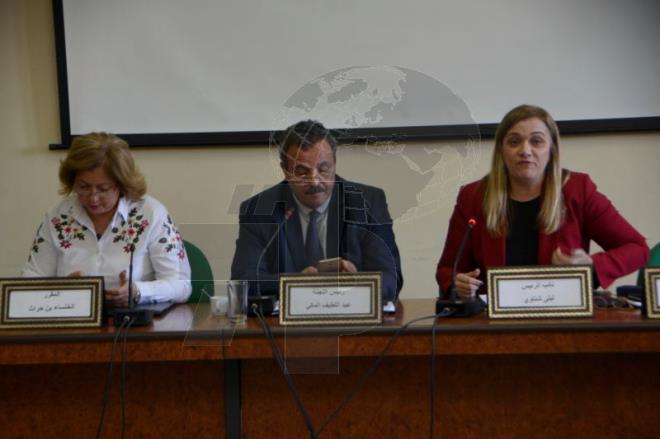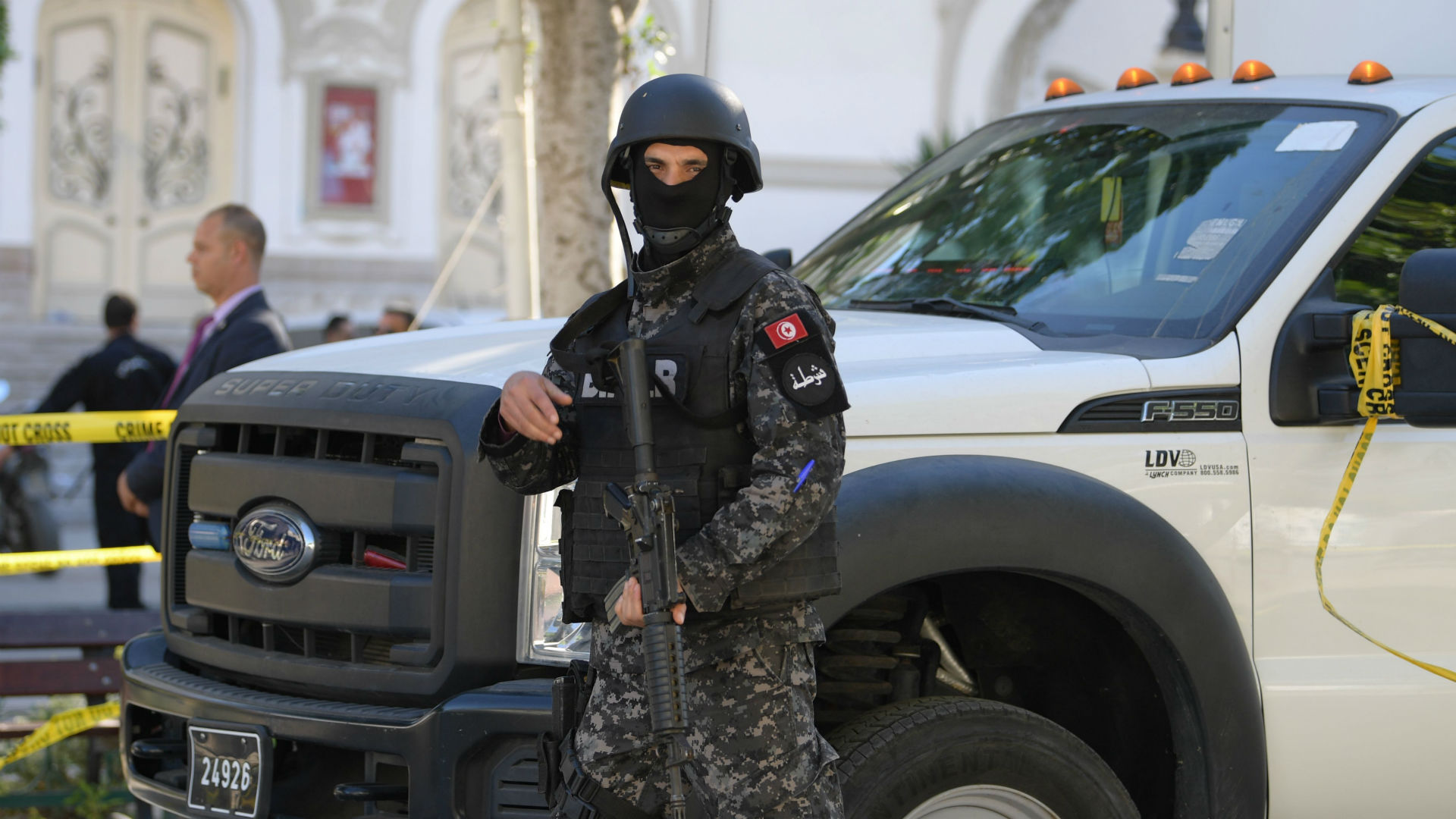 Tunisian justice has sentenced sixteen jihadists to death for their involvement in the terrorist attacks which in 2016 left dozens dead and others injured in the Ben Guerdane region, near Libya’s borders.
Tunisian justice has sentenced sixteen jihadists to death for their involvement in the terrorist attacks which in 2016 left dozens dead and others injured in the Ben Guerdane region, near Libya’s borders.
According to a press release from the Court of First Instance of Tunis, the criminal chamber specializing in terrorism cases also pronounced judgments ranging from 4 years to life imprisonment against 80 other defendants.
Thus, fifteen defendants received life imprisonment, two were sentenced to 30 years in prison, two to 27 years in prison, seven to 24 years in prison and three to 20 years behind bars.
For the remaining defendants, the court handed sentences of four to 15 years in prison, while others, whose number was not specified, were acquitted.
The prosecution has announced that it is appealing all of these judgments.
The city of Ben Guerdane (560 km south of Tunis) was, between March 2 and 10, 2016, the scene of a violent armed attack led by terrorist groups who tried to take control of the city. The decisive battle between the armed forces and the terrorists took place on March 7.
The clashes left 19 dead, including seven civilians while 36 terrorists were eliminated.
Twenty-seven sustained injuries among the armed forces and civilians and several armed terrorists were arrested.
The terrorist threat has dropped considerably in Tunisia since the bloody attacks and the major offensive against the city of Ben Guerdane in March 2016, thanks to the dismantling of dozens of sleeper cells and preventive operations in extremist circles.
The activity of armed groups is currently confined to mountainous areas near the Algerian border, where incidents are reported from time to time.
The mountains neighboring the Algerian borders have been the scene since 2012 of clashes between the Tunisian army and armed groups, in particular the Okba Ibn Nafie phalanx, a local branch of Al Qaeda in the Islamic Maghreb (AQMI), held responsible for several attacks in the country.



